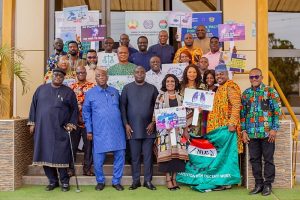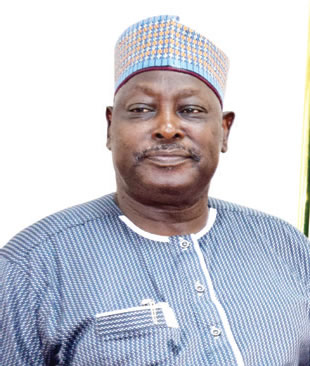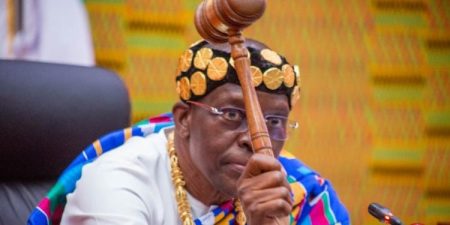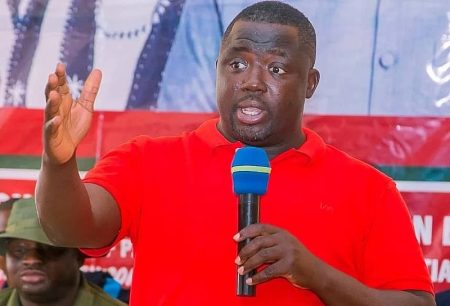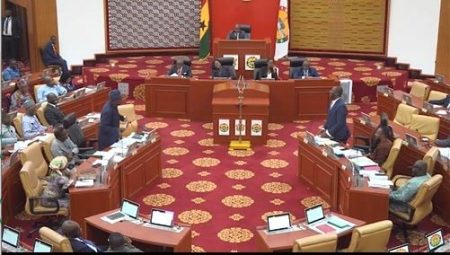Paragraph 1: The Resignation of Babachir Lawal and its Political Implications
Babachir Lawal, former Secretary to the Government of the Federation under ex-President Muhammadu Buhari, has formally resigned from the All Progressives Congress (APC). This resignation, communicated through a letter dated June 29, 2025, to the APC chairman in his ward, signifies a significant political development in Nigeria. Lawal’s departure from the ruling party is seen as a potential blow to the APC and adds another layer of complexity to the political landscape as the country approaches the 2027 general elections. His letter indicates an intention to reveal his future political affiliations in due course, fueling speculation about his potential role in the upcoming elections. The timing of the resignation suggests a strategic move, possibly aligning with emerging political realignments and coalitions seeking to challenge the APC’s dominance.
Paragraph 2: The Emerging Political Coalition and its Objectives
Lawal’s resignation is understood to be connected to a growing political coalition aiming to unseat President Bola Tinubu and dismantle the APC’s stronghold in the 2027 elections. This coalition boasts prominent figures like former Vice President Atiku Abubakar, ex-Kaduna State Governor Nasir El-Rufai, and former Rivers State Governor Rotimi Amaechi. This alliance of political heavyweights represents a formidable challenge to the ruling party, bringing together individuals with diverse political backgrounds, regional influence, and significant support bases. The coalition’s objective is to provide a viable alternative to the APC and reshape the political dynamics of Nigeria. Their combined political experience and influence pose a credible threat to the APC’s hold on power.
Paragraph 3: The Choice of the African Democratic Congress (ADC)
The coalition’s strategic decision to adopt the African Democratic Congress (ADC) as its platform for the 2027 elections adds another dimension to the unfolding political drama. This choice reflects a calculated move to leverage the existing structure and recognition of the ADC while injecting it with new energy and leadership. The ADC, previously a relatively smaller political party, now finds itself at the center of a high-stakes political battle. This sudden prominence presents both opportunities and challenges for the ADC. The coalition’s adoption of the ADC could potentially revitalize the party and broaden its appeal, but it also raises questions about internal cohesion and the ability to manage the diverse interests within the newly expanded party.
Paragraph 4: Analyzing the Implications of the Coalition’s Formation
The formation of this coalition and its adoption of the ADC carries profound implications for the Nigerian political landscape. It signals a potential shift in the balance of power and introduces a new dynamic of competition in the run-up to the 2027 elections. The coalition’s strength lies in the combined influence of its leaders and their potential to mobilize support across different regions of the country. However, the success of the coalition hinges on several factors, including their ability to maintain unity, articulate a compelling vision for Nigeria, and effectively counter the APC’s campaign machinery. The coalition’s emergence also highlights the fluidity of political allegiances in Nigeria and the constant realignments that characterize the country’s political landscape.
Paragraph 5: Potential Challenges and Opportunities for the Coalition
While the coalition presents a strong challenge to the APC, it faces several potential hurdles. Managing the diverse interests and ambitions of its prominent leaders will be a delicate balancing act. Differences in political ideologies and personal aspirations could lead to internal friction and potentially undermine the coalition’s unity. Furthermore, the coalition must effectively communicate its message and build a broad-based support base that transcends regional and ethnic lines. Successfully navigating these challenges will be crucial for the coalition’s ability to achieve its objectives. The coalition’s success also depends on its ability to capitalize on any potential weaknesses or missteps of the ruling APC.
Paragraph 6: The Road Ahead and the 2027 Elections
The political landscape in Nigeria is rapidly evolving, and the 2027 elections promise to be a highly contested affair. The emergence of this new coalition introduces a significant element of uncertainty and creates a more dynamic political environment. The battle for the presidency and control of the National Assembly will likely be fierce, with the APC facing a formidable challenger. The coming months will be crucial for all political parties as they strategize, build alliances, and mobilize support. The outcome of the 2027 elections will have a profound impact on the future direction of Nigeria. The choices made by voters will shape the country’s political landscape and determine the trajectory of its development in the years to come.


